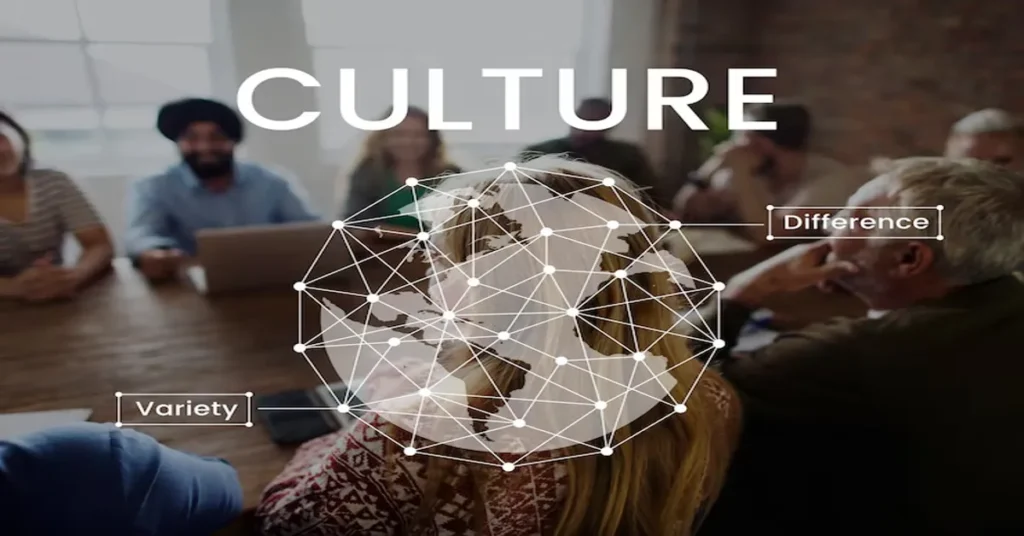Introduction: The Quiet Architect of Modern Thought
In an age saturated with information but starving for wisdom, certain figures emerge whose contributions shape not just the narrative of their fields, but the collective thinking of society itself. Broderick Bevineau is one such figure.
Though his name is less likely to trend in social feeds than media personalities or tech billionaires, Bevineau’s influence courses through academic circles, design studios, innovation hubs, and even political thought leaders’ war rooms. His cross-disciplinary approach has redefined how we interpret technology’s impact on human identity, ethics, and creativity.
A Polymath for the Digital Renaissance
Broderick Bevineau’s early career defies neat categorization. Trained initially as a philosopher with a focus on epistemology—the study of knowledge itself—he soon branched into computational sciences, design ethics, and narrative theory. His central belief? That the 21st century demands a Renaissance thinker’s mind in a hyper-specialized world.
By the early 2010s, Bevineau was already consulting for universities and policy institutions on the ethics of artificial intelligence. Yet, unlike many ethicists who hovered around speculative doom or technological utopianism, Bevineau advocated for what he called “structural pragmatism.” His methodology fused critical inquiry with actionable frameworks, enabling technologists and lawmakers to navigate ethical ambiguity without paralysis – Broderick Bevineau.
“Philosophy cannot remain academic. It must become a toolkit for the builders of the new epoch,” he wrote in his 2014 essay series Frameworks for a Machine-Conscious Society.
The Core Ideas: Identity, Agency, and Ethical Architecture
Three major concepts underpin Bevineau’s work:
1. Distributed Identity
In contrast to traditional Western notions of the self as fixed and autonomous, Bevineau proposed distributed identity. He argued that modern humans are co-created by networks of influence: social media, recommendation algorithms, genetic editing technologies, and even the design of physical environments.
“Your identity,” Bevineau asserted in a 2017 TEDx talk, “is no longer merely a story you tell yourself. It is an emergent property shaped by countless external forces.”
This perspective has gained traction among technologists developing user-centric design and AI personalization, as well as psychologists reconsidering how therapy must adapt in a data-driven society.
2. Agency in the Age of Systems
Bevineau coined the term systemic agency to describe how individuals and small groups can exert meaningful influence even within massive technological and political systems.
His oft-cited 2019 paper Hacking Leviathan: Micro-Agency in Macro-Structures offered practical models for how grassroots movements, independent creators, and even lone programmers could nudge the behavior of colossal systems—be they governments, multinational tech platforms, or climate models.
This concept became especially resonant during the 2020s, as decentralized autonomous organizations (DAOs) and blockchain governance experimented with distributed power structures – Broderick Bevineau.
3. Ethical Architecture
Rather than relying on after-the-fact ethical audits, Bevineau insisted that ethical reasoning must be built into the design process itself—a philosophy he termed ethical architecture.
In his workshops with design schools and urban planning departments, he emphasized how ethical design could prevent many modern crises, from the spread of disinformation to the rise of exploitative gig economy models.
“An architect doesn’t wait for the building to collapse before considering the integrity of its design. Technologists and policymakers should follow suit,” he argued in a 2021 keynote at the Oslo Future Ethics Forum.
Broderick Bevineau’s Influence: From Academia to Policy
Bevineau’s reach expanded rapidly after 2020. Universities across North America, Europe, and parts of East Asia incorporated his frameworks into curricula spanning philosophy, computer science, urban planning, and law.
His advisory roles with organizations such as the UNESCO Digital Ethics Task Force and several AI governance coalitions put him in a position to shape not only discourse but actual policy. The Vienna Protocols for Ethical AI Development, adopted by a coalition of 17 countries in 2023, bear the imprint of his systemic agency model.
Criticisms and Controversies
Like any influential thinker, Bevineau has not been without his critics.
Some technologists argue that his frameworks, while intellectually robust, are challenging to implement at scale. Others contend that his emphasis on ethical architecture can slow innovation—a claim Bevineau counters by highlighting the long-term societal costs of poorly considered technology – Broderick Bevineau.
He has also faced ideological pushback from both techno-utopian libertarians, who view his systemic accountability models as constraints on innovation, and from certain academic circles that see his cross-disciplinary approach as diluting the rigor of individual fields.
Yet, Bevineau has consistently welcomed critique. “If a framework cannot withstand scrutiny, it deserves to evolve or dissolve,” he wrote in his 2022 response to a panel of AI ethicists who challenged his distributed identity thesis.
Cultural Impact: Beyond the Ivory Tower
Interestingly, Bevineau’s influence has seeped into popular culture as well. Several critically acclaimed science fiction authors have cited his writings as foundational to their world-building. Visual artists and architects have drawn inspiration from his ethical architecture principles, particularly in speculative urbanism projects.
Documentaries such as Blueprints of Tomorrow and We Are the Network feature interviews with Bevineau or dramatized interpretations of his ideas, bringing his complex thought into public conversation.
The Personal Side: A Reluctant Public Figure
Despite his growing renown, Bevineau maintains a cautious relationship with fame.
Raised in a family of educators and artisans, he credits his parents with instilling a respect for quiet craftsmanship over public acclaim. He spends most of his time mentoring younger thinkers, collaborating on think tanks, and retreating to a small studio on the outskirts of Lyon, France, where he continues to write and design models for emerging challenges.
“Visibility,” he once remarked, “should be a byproduct of meaningful work, not a goal unto itself.”
The Road Ahead: Broderick Bevineau’s Emerging Frontiers
As we move deeper into the 2020s, Bevineau’s thought leadership is branching into new territories.
Neuroethics and Cognitive Sovereignty
With the rise of neural interfaces and brain-computer communication, Bevineau has begun to explore cognitive sovereignty—the right of individuals to control not only their data but also the influence of technology on their mental processes.
His forthcoming book Mind Unbound: Cognitive Rights in the Techno-Political Era is already anticipated to be a seminal text in both tech ethics and human rights law.
Ecological Systems Thinking
Recognizing the entanglement of technology and environmental sustainability, Bevineau now collaborates with climate scientists and regenerative design experts. His work in this domain promotes adaptive systems that harmonize technological progress with ecological resilience.
“We cannot afford to treat technology and ecology as separate narratives. They are co-authors of our future,” he said in a recent address to the Global Climate Tech Symposium.
Conclusion: Legacy in Motion
Broderick Bevineau represents a rare convergence of deep philosophical rigor and actionable pragmatism. In an era defined by both unprecedented challenges and unparalleled opportunities, his frameworks empower individuals, organizations, and governments to navigate complexity with clarity and ethical intention.
As new technologies continue to reshape the fabric of daily life, Bevineau’s ideas offer not only critiques but blueprints—a map for a future where humanity does not merely adapt to change but shapes it with wisdom.
“Our tools are extensions of our values. The question is not what technology can do, but what it should do,” Bevineau reminds us.
In the shifting landscape of the digital age, that may be the most important conversation of all.







